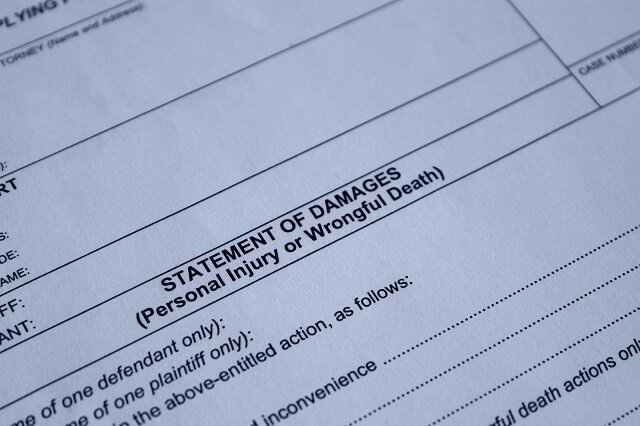
Free Consultation(203) 447-0000

Free Consultation(203) 447-0000

Failure to diagnose is part of medical malpractice. It associates itself with the physician or medical professional’s inability to diagnose in a timely manner, or the misdiagnosis of a medical condition, injury, or illness. While this can be harmless in some cases, it can be fatal in others. When a patient receives an untimely diagnosis, he or she could suffer from additional injury or even death.
A failure to diagnose is not always a matter of negligence. Instead, you must show that the physician’s inability to diagnose was due to substandard care. Physicians are the decision-maker when it comes to patient care, but they are not always liable for errors. In order to have a valid failure to diagnose claim, three things must be established first:
The first thing that will be assessed in this type of case is if the doctor deviated from the standard of care. That means not doing what other specialists or physicians in the same field would have done. For example, if your physician performed the same procedures on other patients and other physicians would have operated the same way, there is no negligence – regardless of whether the outcome was inaccurate. There are instances where doctors fail to diagnose an illness, even when running plenty of tests and following all mandatory procedures, but are still unable to find the illness or condition. Other physicians would likely follow the same route and have the same outcome; therefore, your physician wouldn’t be considered negligent.
If, however, your doctor failed to perform tests or procedures that other medical professionals would have done for diagnostics, then he or she was negligent.
Diagnostic testing, while helpful, is not 100 percent accurate. When these tests fail or yield incorrect results, improper diagnosis can then be passed onto the patient. This is a primary defense for a physician being accused of failure to diagnose or misdiagnosis. When the testing is out of control, the doctor can use that to legitimize the inaccurate diagnosis. While the doctor can possibly avoid liability in these types of cases, the diagnostic error may have nothing to do with the laboratory results; therefore, the doctor could still be liable. Even if the doctor isn’t liable, the facility that misread or created the error in the test could be liable for the misdiagnosis.
These types of cases are highly complex. Often, it is required to hire an expert witness to discuss what should have happened versus what actually happened. You may need to consult other experts in the field to see how they would have proceeded and how they would have potentially come up with a different diagnosis. Most importantly, you will need an attorney to help get past the red tape and access most of these records.
If you think you are the victim of malpractice or you think your illness was misdiagnosed, it is in your best interest to speak with an attorney as soon as possible. Contact Berkowitz and Hanna LLC today to schedule a no-obligation case evaluation. Call 866-479-7909 or contact us online to get started with your malpractice claim.
Berkowitz Hanna
